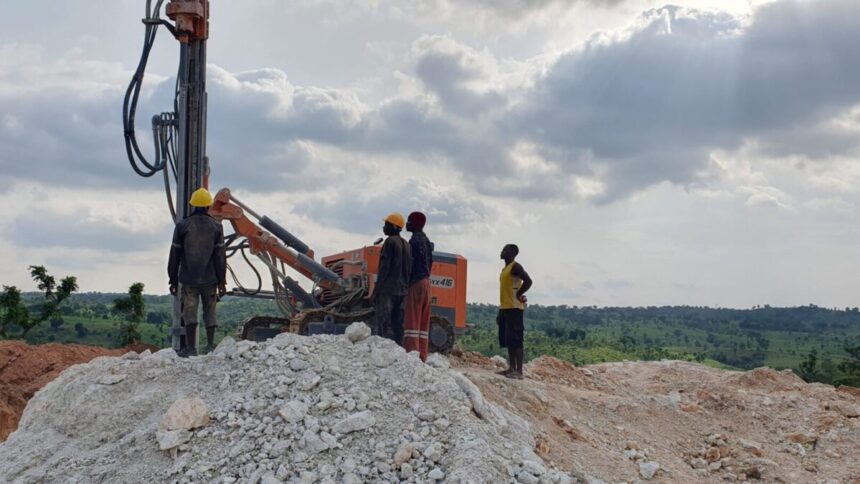Ibukunbayo Akinnubi
Geological surveys have identified 29 surface exploration targets, with early assays showing lithium oxide grades averaging above 2 per cent and some samples reaching as high as 7 per cent — figures that position Nigeria’s deposit as one of the continent’s more commercially attractive resources.
Although Jupiter Lithium has yet to release an updated tonnage estimate, its 2024 project outline envisioned large-scale production starting with 55,000 tonnes of spodumene concentrate annually and scaling up to 167,000 tonnes within two years.
Industry estimates suggest that such output could generate billions in revenue, diversify Nigeria’s mineral exports, and advance the nation’s ambition to play a major role in the global energy transition.
Advisors Reports gathered that Atlantic Mining Techniques, led by Australian tycoon Colin Ikin and backed by Gilbert and Ronald Chagoury, is weighing an entry into the project.
Their involvement would mark a distinctly Nigerian dimension in what has so far been foreign driven, bringing capital, political leverage, and operational expertise to fast-track development.
For Kaduna State, the stakes are high.
If output meets projections, analysts expect between 2,000 and 3,000 direct jobs and several thousand indirect opportunities across logistics, construction, and support services.
Yet, risks of environmental damage, community displacement, and weak oversight remain — challenges that have troubled previous mining ventures in Nigeria.
Advisors Reports further learned that global demand for lithium is expected to triple by 2030, driven by automakers and technology giants in Europe, the United States, and China racing to secure critical supply chains.
If fully developed, Kaduna’s deposit could position Nigeria alongside Zimbabwe and the Democratic Republic of Congo as a leading supplier.
What sets Nigeria apart, analysts note, is its combination of scale and ore quality. Kaduna’s lithium grades average above 2 percent Li₂O — higher than the global average of 1 to 1.5 percent — giving the country a competitive advantage as the energy transition accelerates.
For Nigeria, the stakes could not be higher, with the Kaduna project holding the potential to transform the nation’s mining profile and cement its place in the global clean-energy economy.



